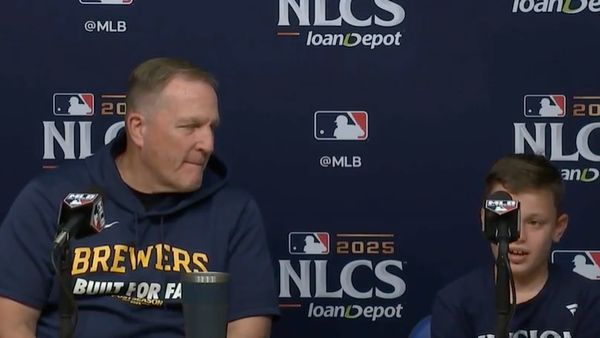Target has had a tough run this year and is due to report earnings on Nov. 15. By using a combination of option strategies, we could potentially buy the stock for a significant discount or achieve a healthy profit if the stock trades sideways.
Here's the trade:
Sell to open the Target stock Nov. 17 put with a strike price of 105, which traded around $2.55 late Tuesday.
Then, add a bear call spread:
- Sell to open the TGT Nov. 17 call with a strike price of 120, which traded around $1.50.
- Buy to open the TGT Nov. 17 call with a strike price of 125, which traded around $0.70.
The sold put brings in around $255 in option premium, and the bear call spread adds another $80 in premium. In total, the combination of the two trades generates $335 in premium.
The position starts with a delta of 19, meaning it is roughly equivalent to owing 19 shares of Target stock.
This figure will change as the trade progresses.
Possible Scenarios For Target Stock Option Trade
Let's work through a couple of scenarios of how this trade could look at expiration on Nov. 17.
- If Target stock trades sideways and finishes between 105 and 120, the sold put and bear call spread will both expire worthless. The total profit will be equal to the premium received of $355.
- If Target falls below 105 at expiration, we will be assigned on the sold put and will be forced to buy 100 shares at 105. However, our net cost basis will be 101.45, thanks to the $355 in option premium received. That is 8.9% below Tuesday's closing price of 111.35.
- If Target rallies above 125, the bear call spread will suffer a full loss of $500. But this will be mostly offset by the $355 premium received, leaving the trade with a small loss of $145.
Target Stock Lags In Ratings
According to the IBD Stock Checkup, Target stock is ranked No. 4 in its group. It has a Composite Rating of 59, and EPS Rating of 87 and a Relative Strength Rating of 18.
Please remember that options are risky, and investors can lose 100% of their investment.
This article is for education purposes only and not a trade recommendation. Remember to always do your own due diligence and consult your financial advisor before making any investment decisions.
Gavin McMaster has a Masters in Applied Finance and Investment. He specializes in income trading using options, is very conservative in his style and believes patience in waiting for the best setups is the key to successful trading. Follow him on Twitter at @OptiontradinIQ







